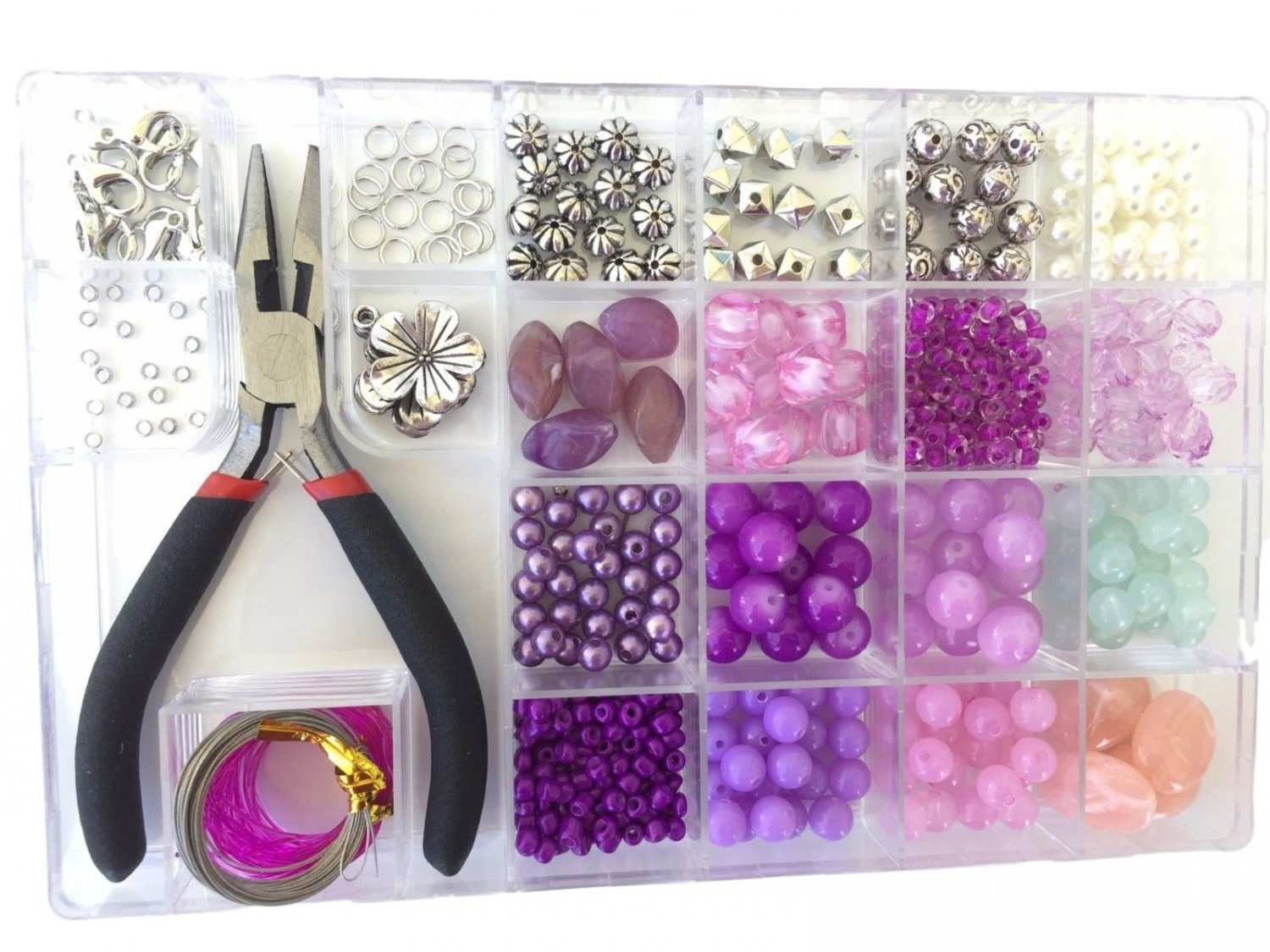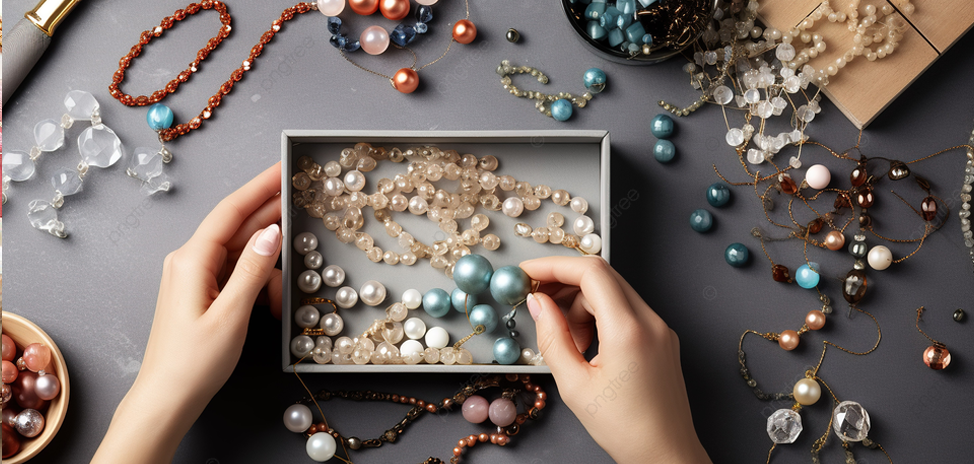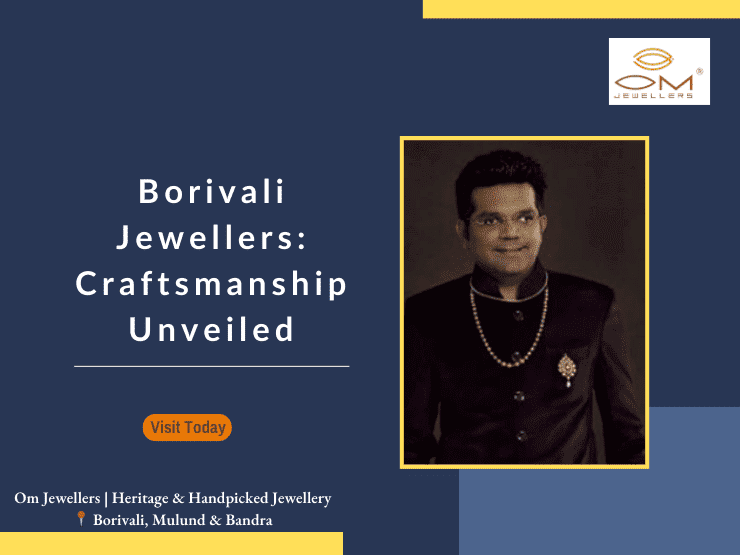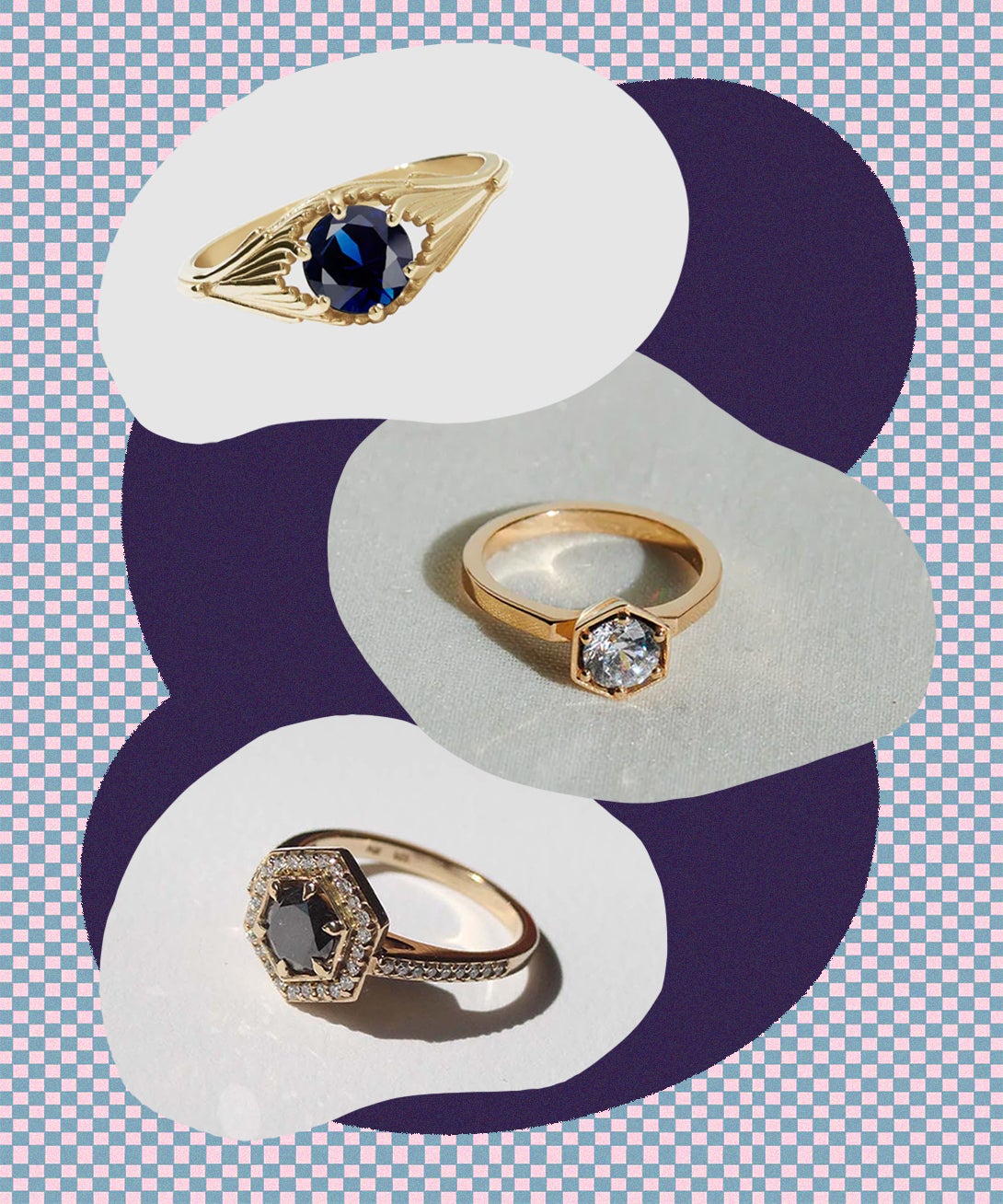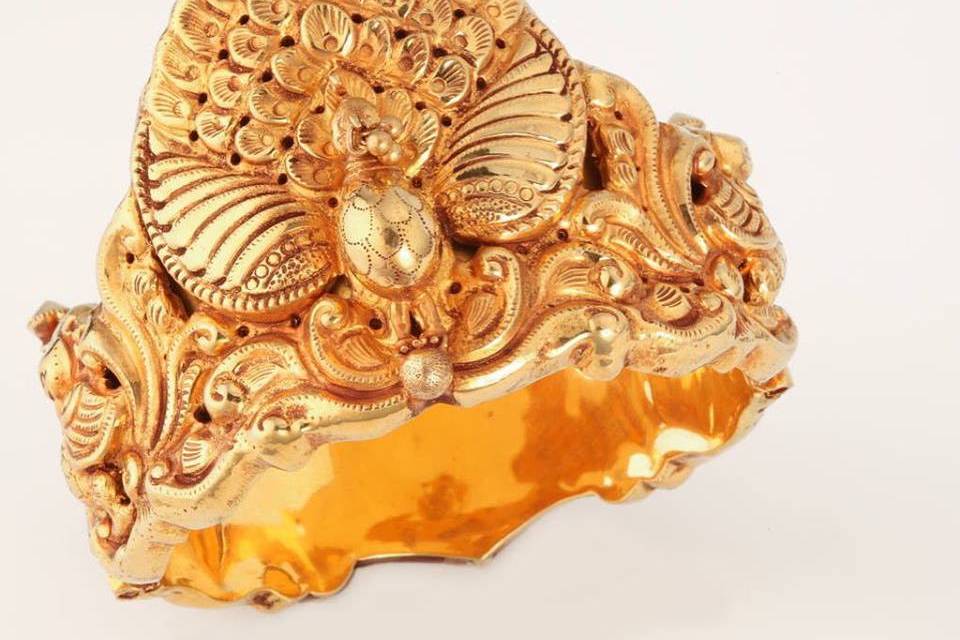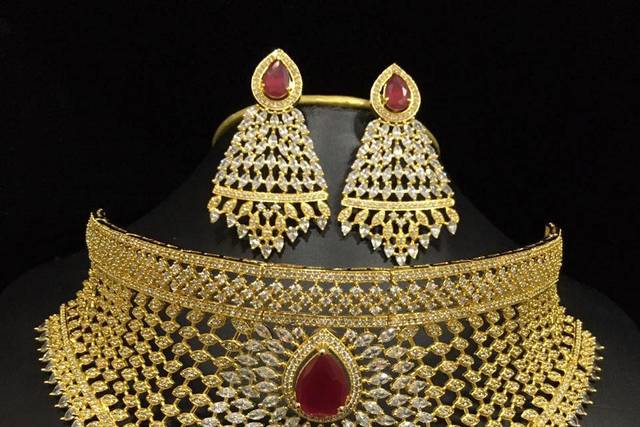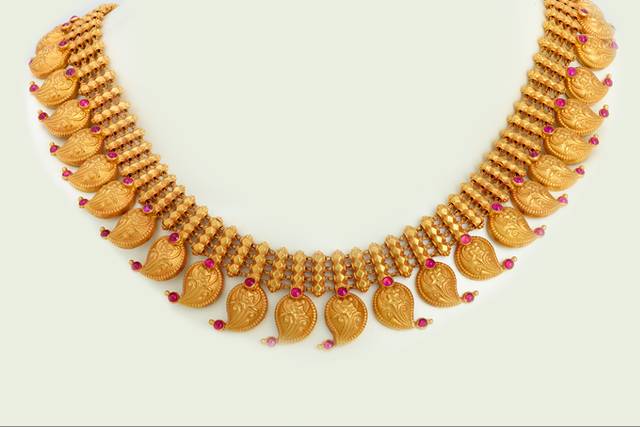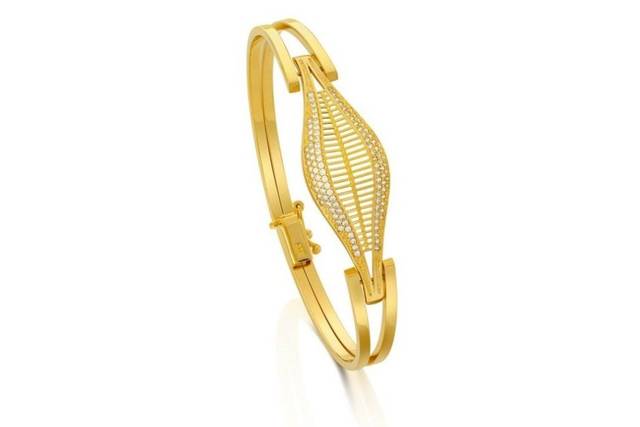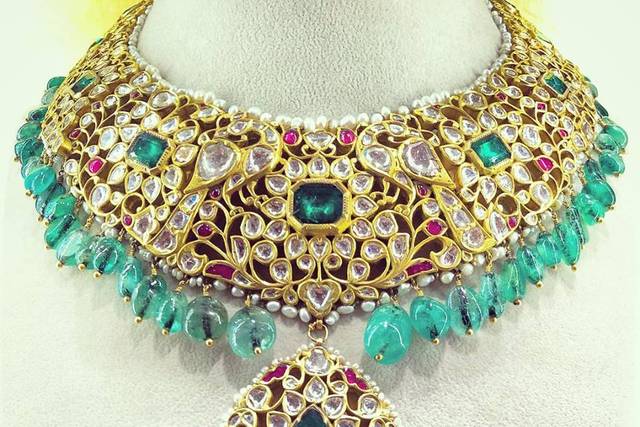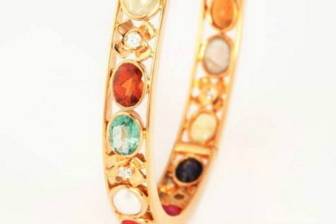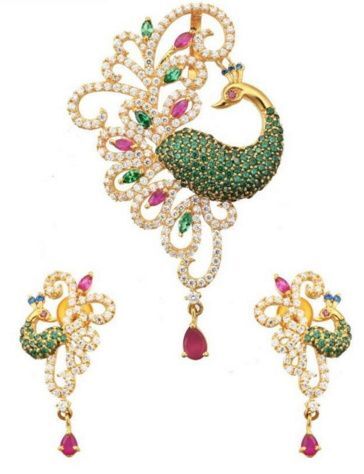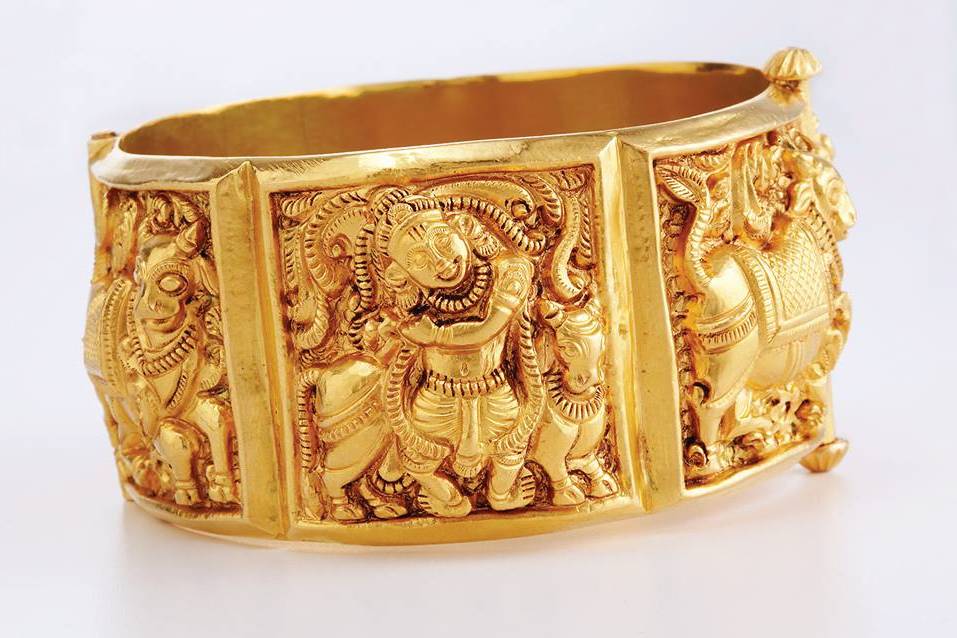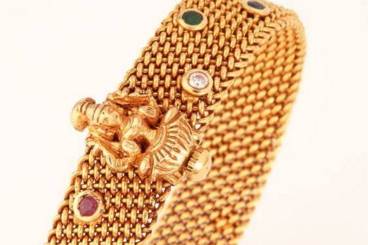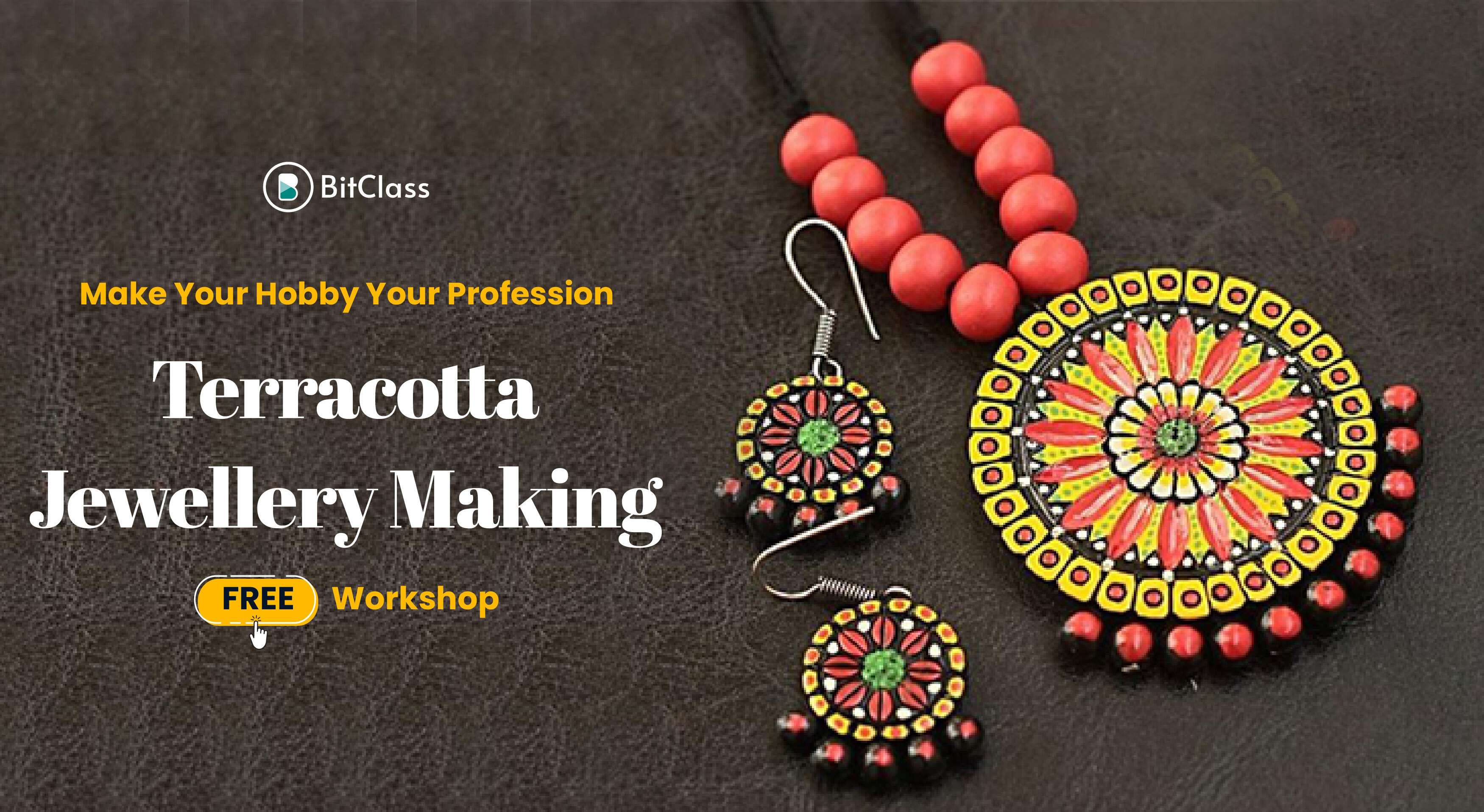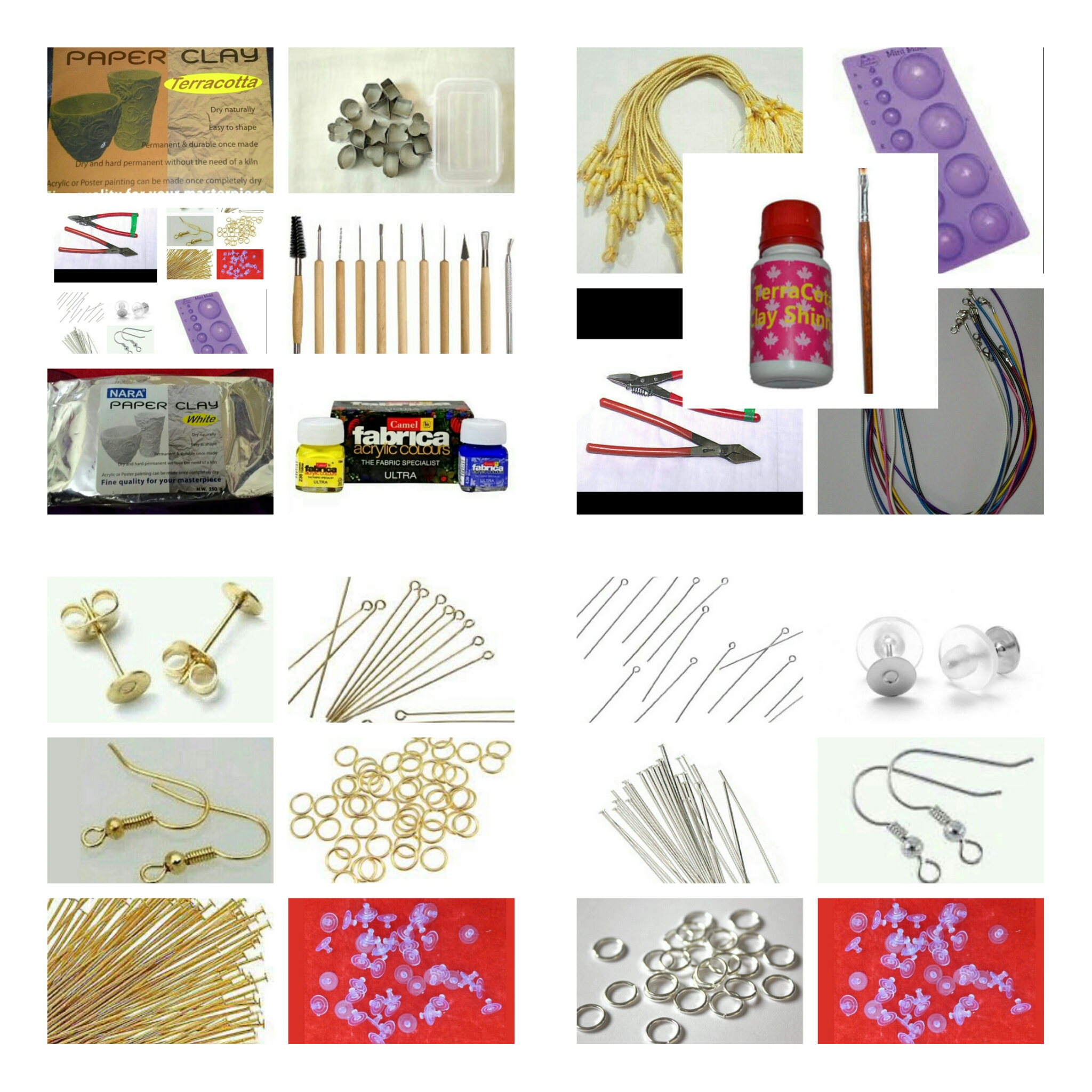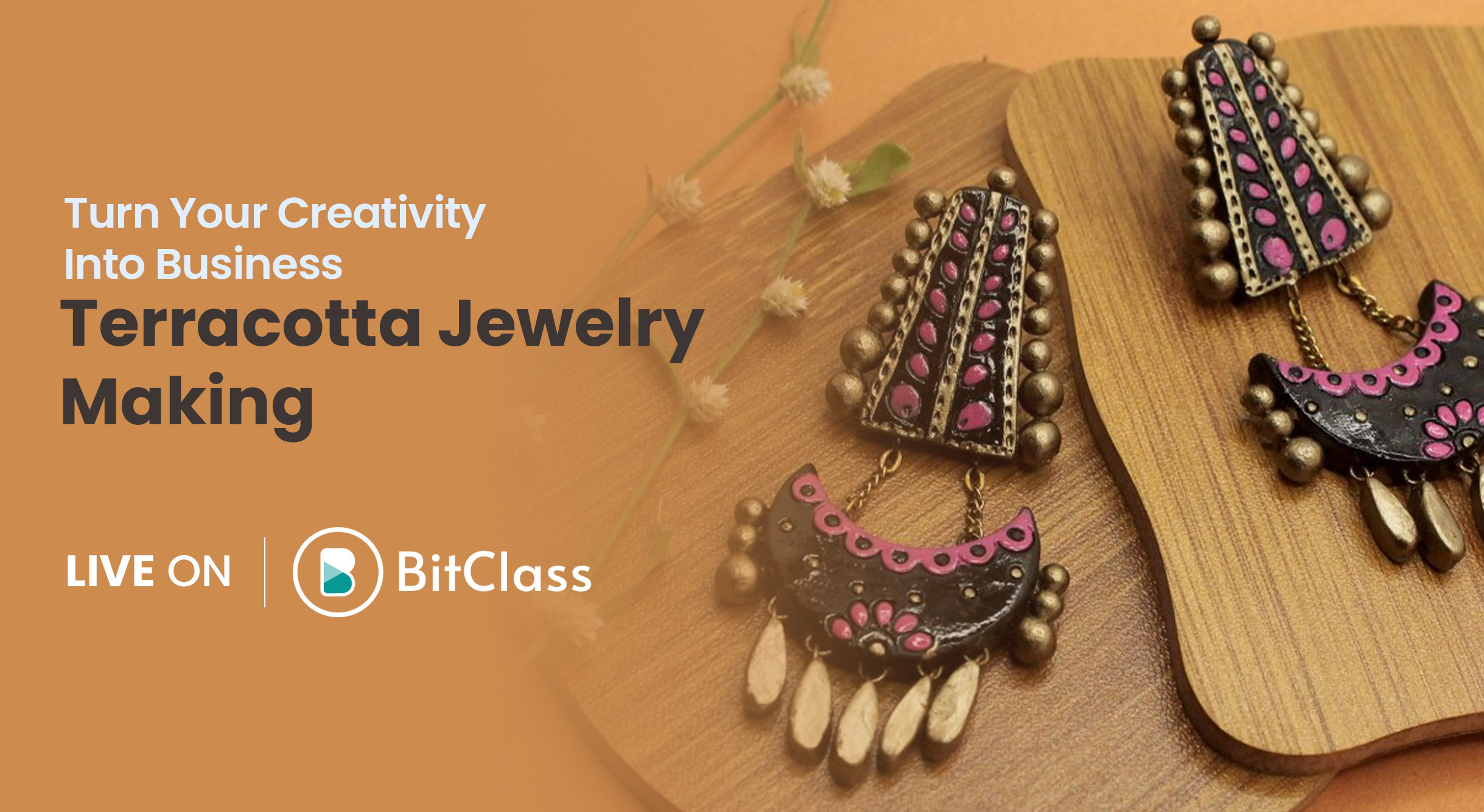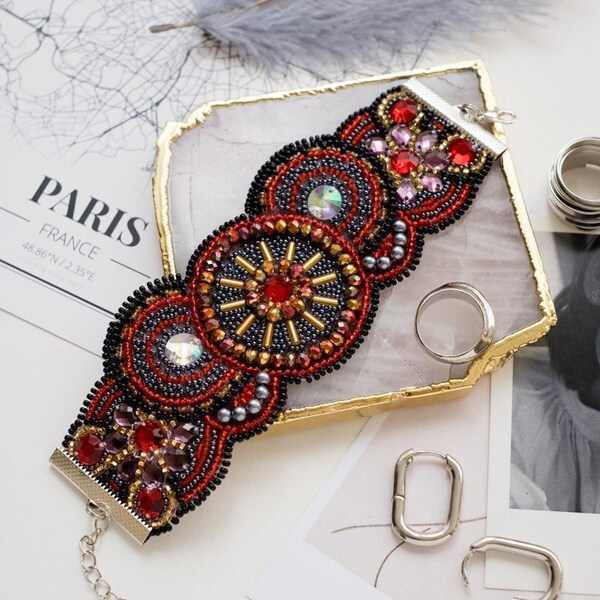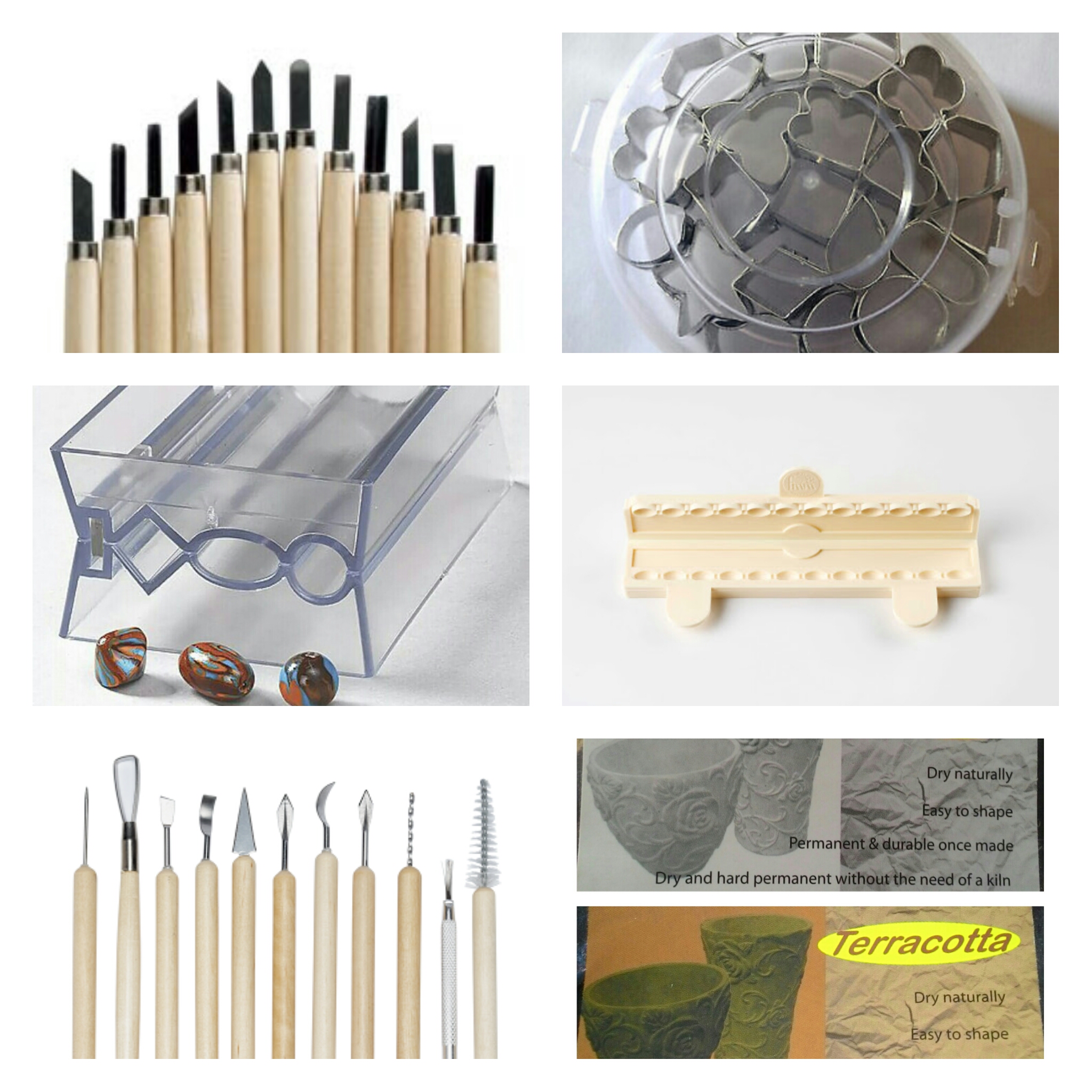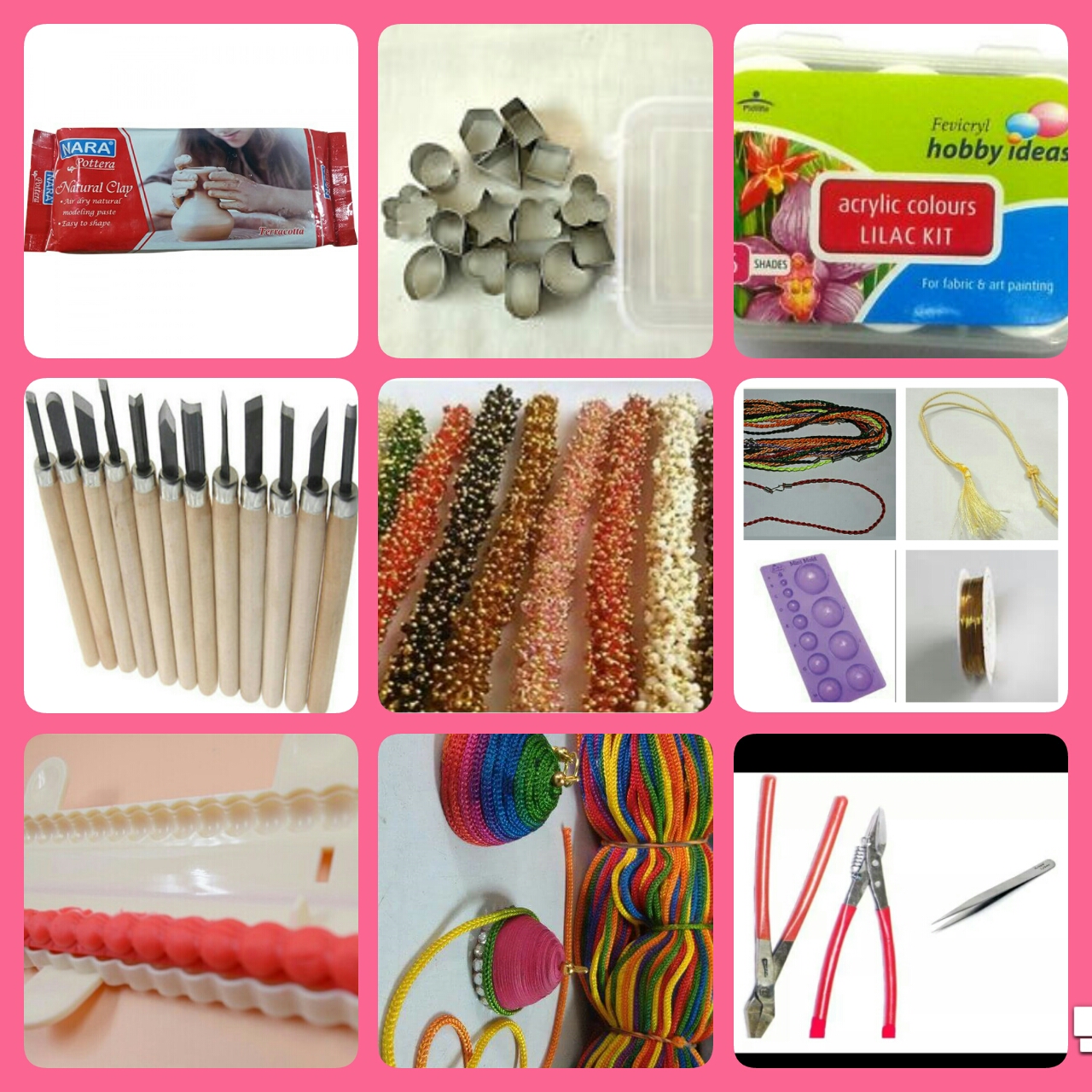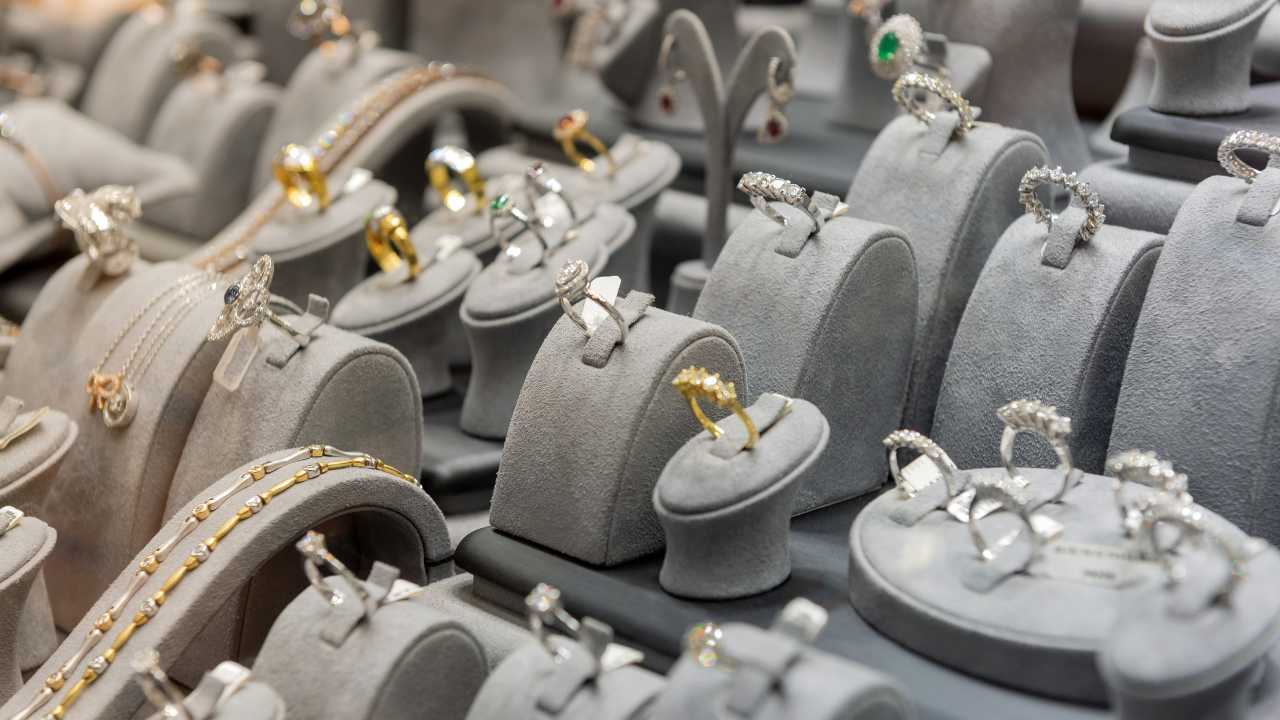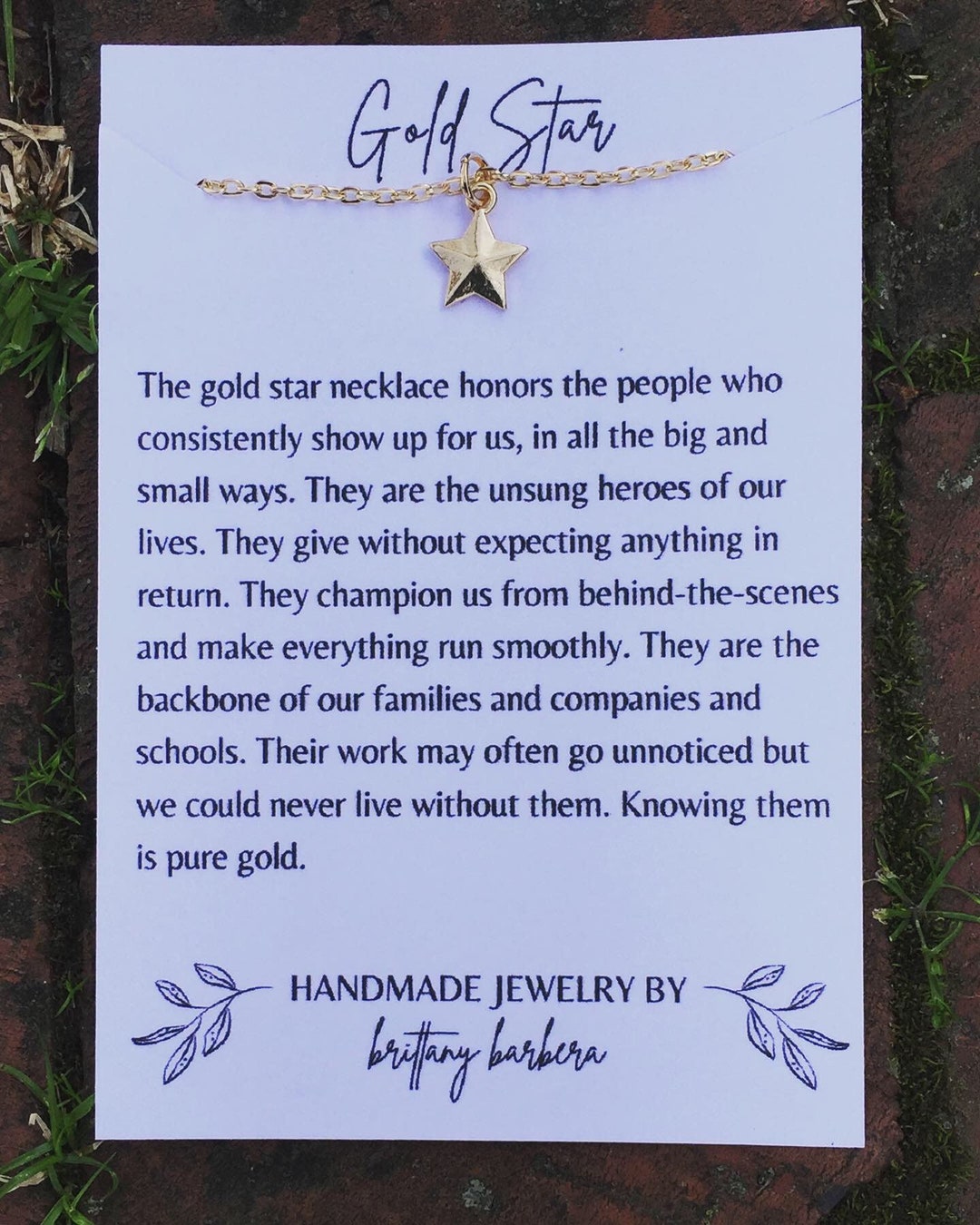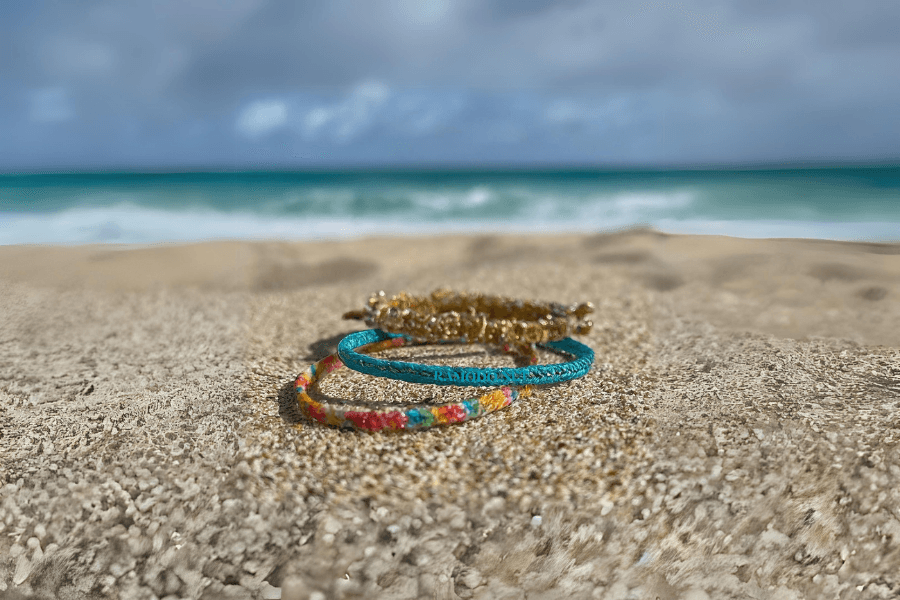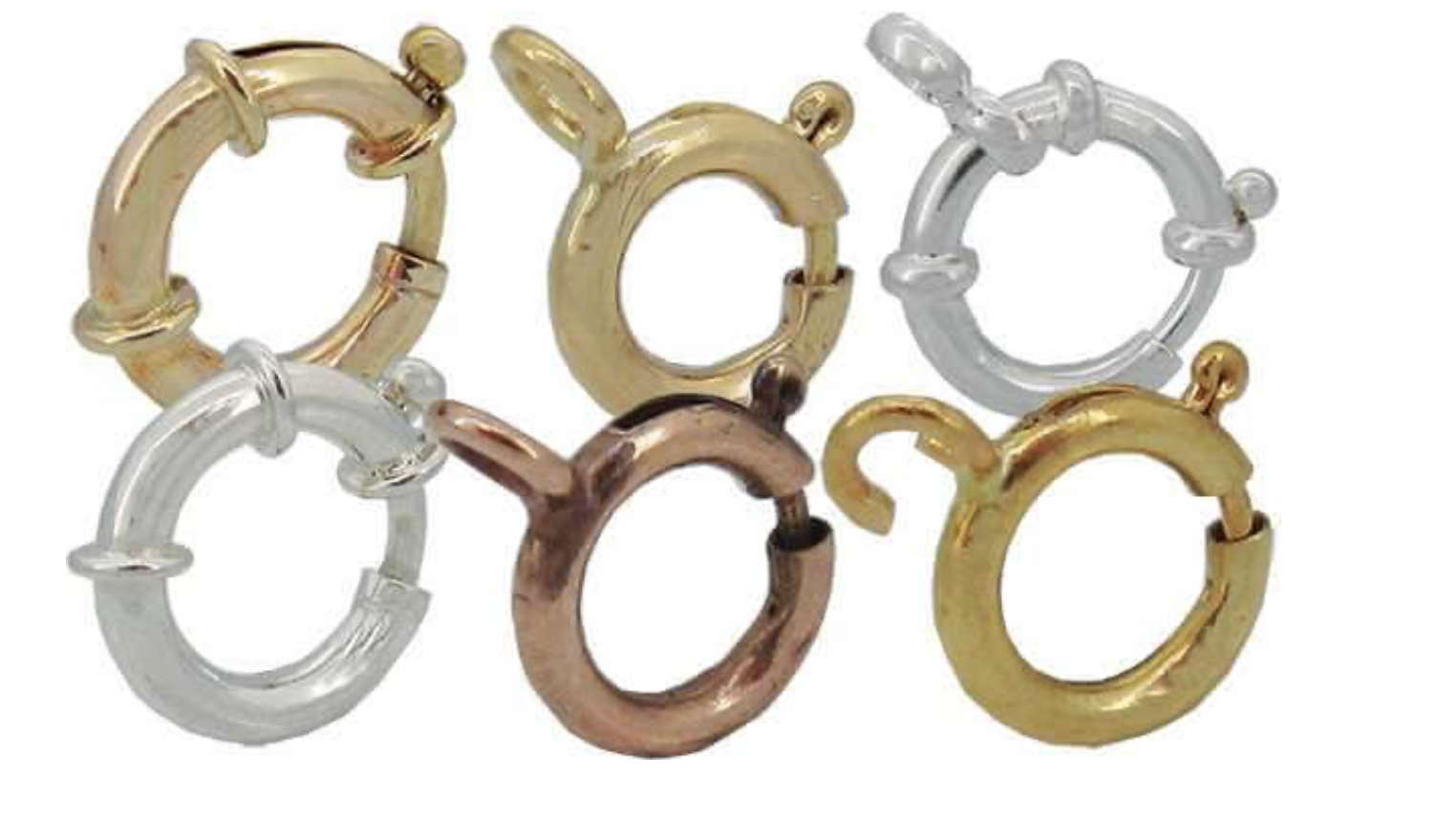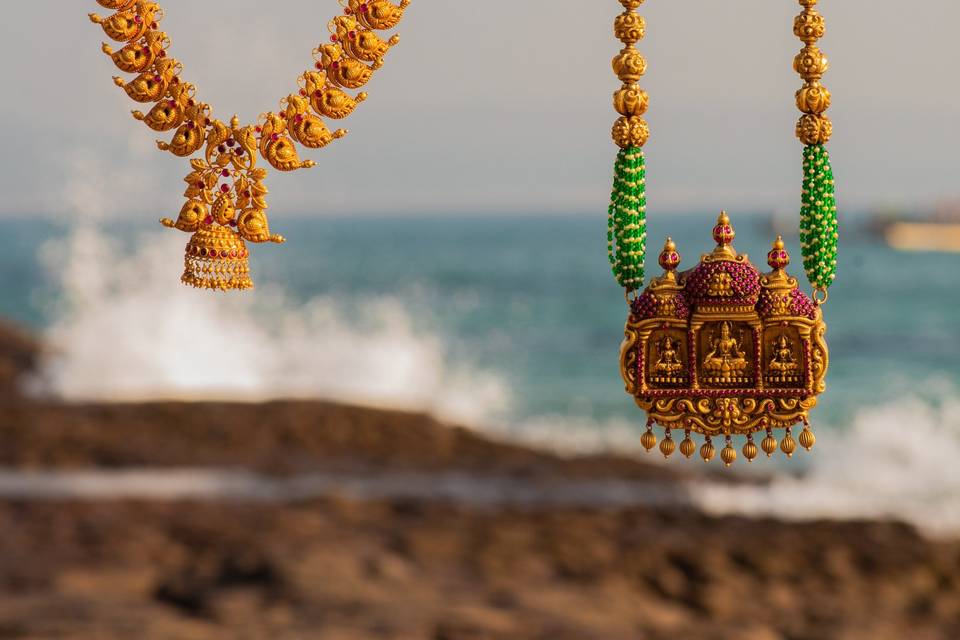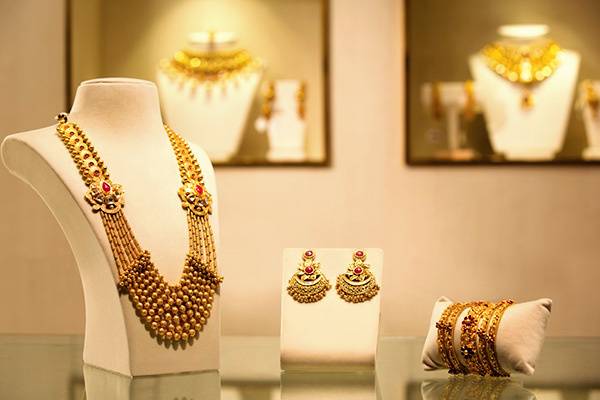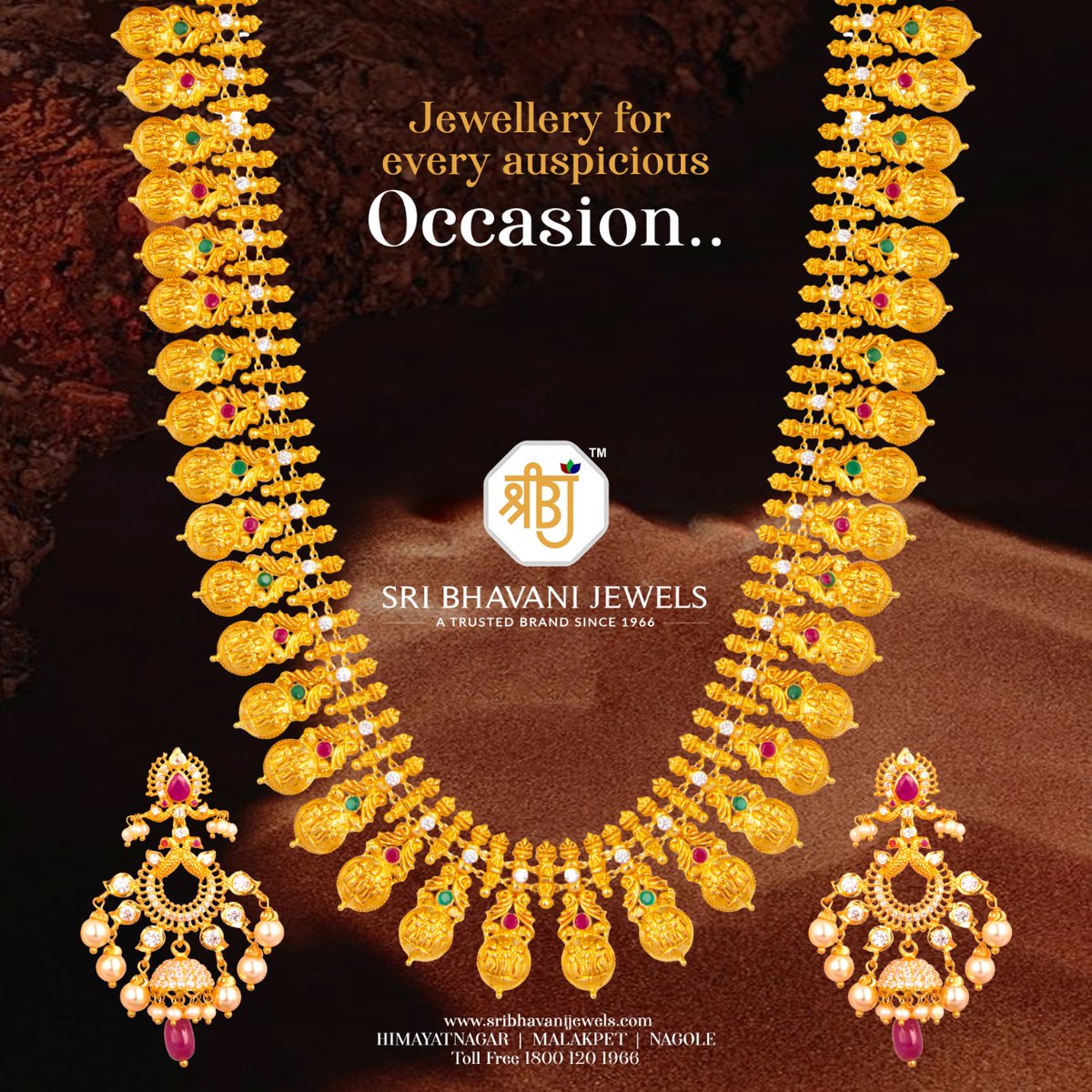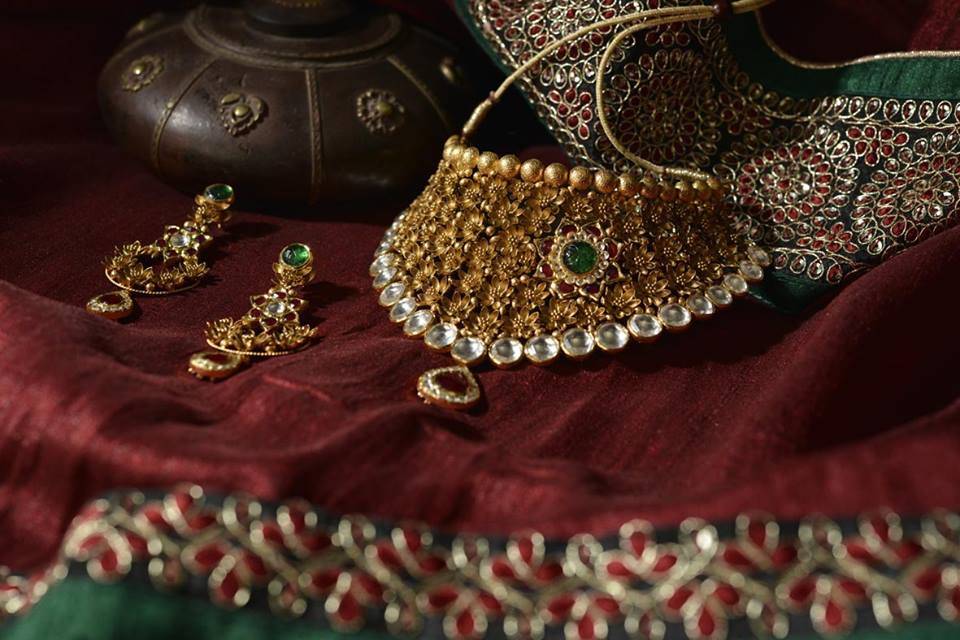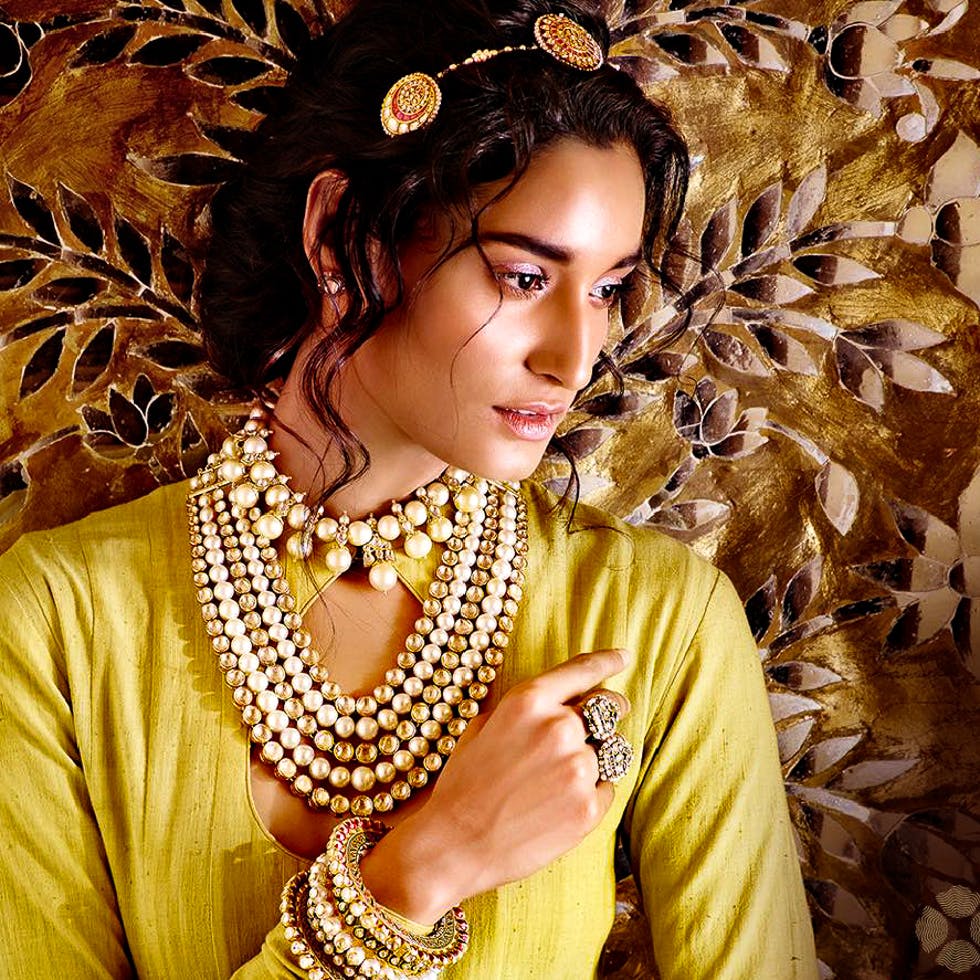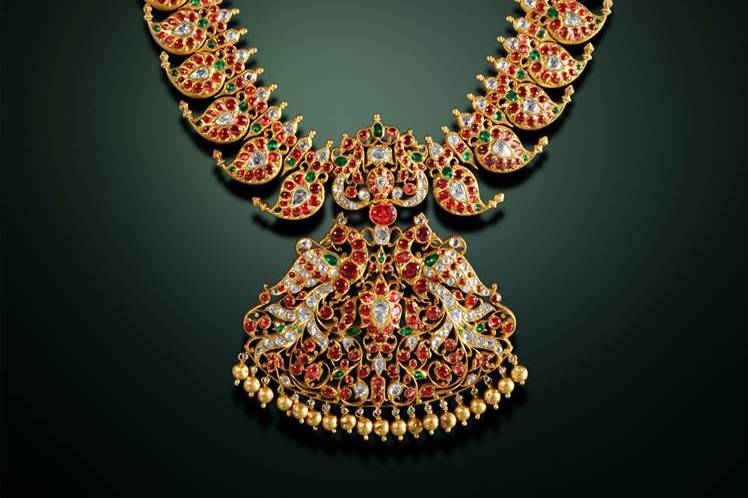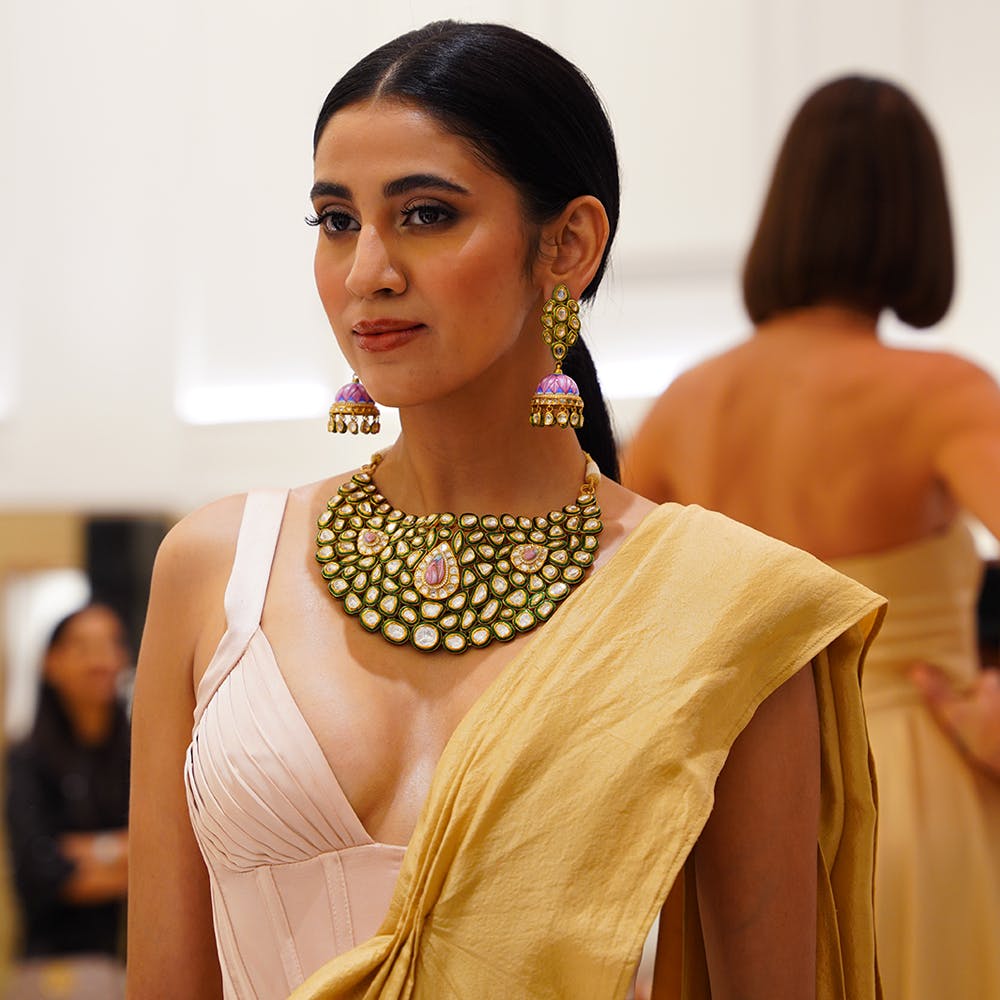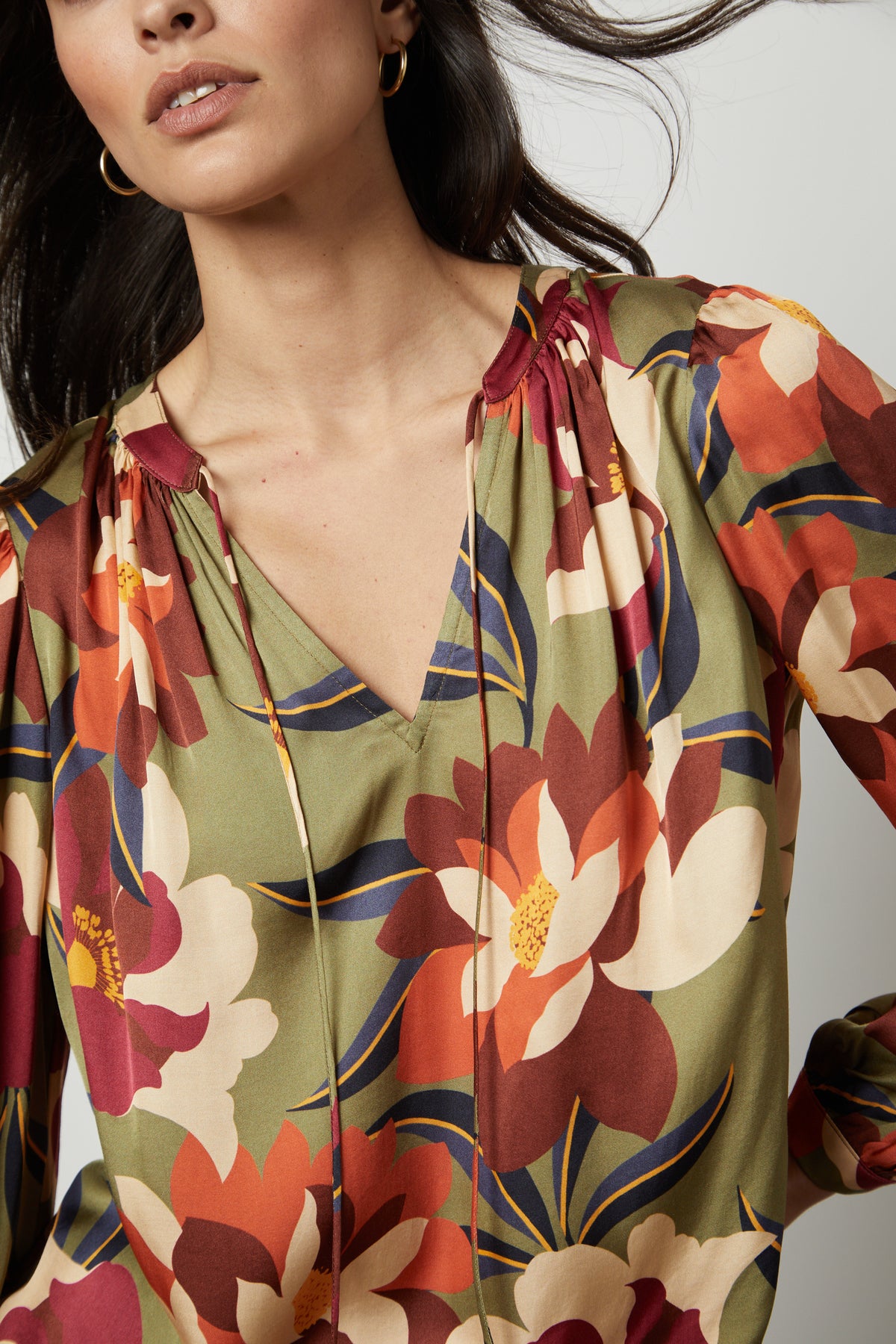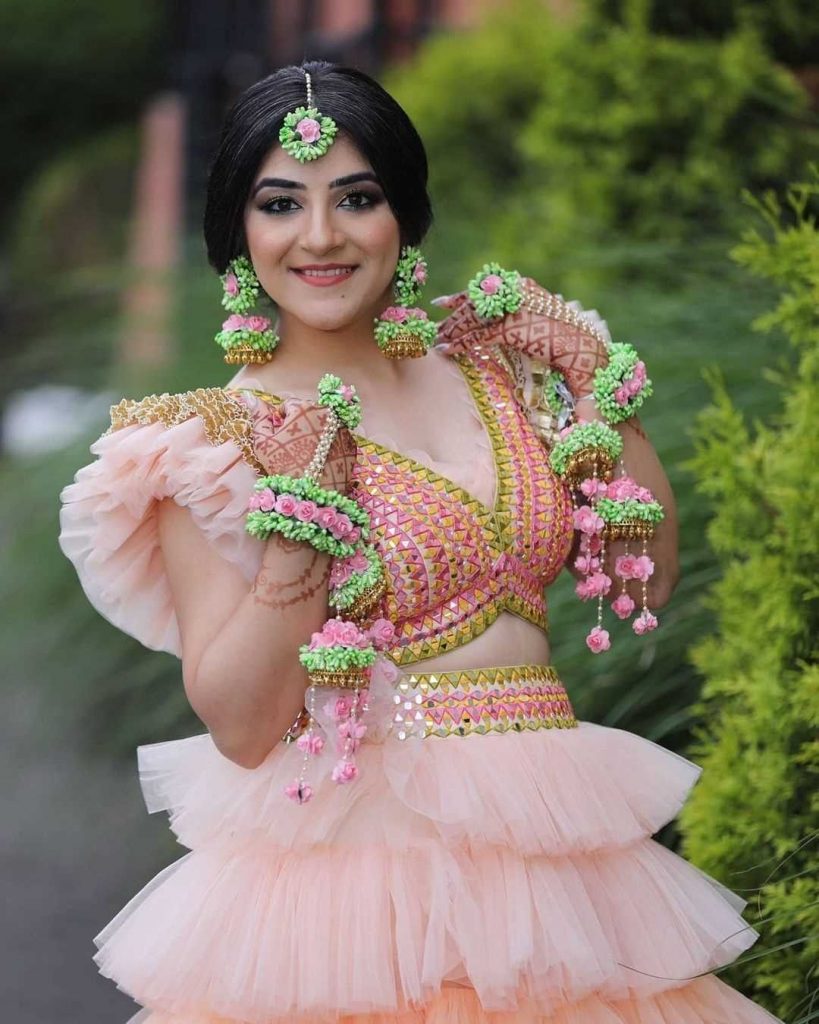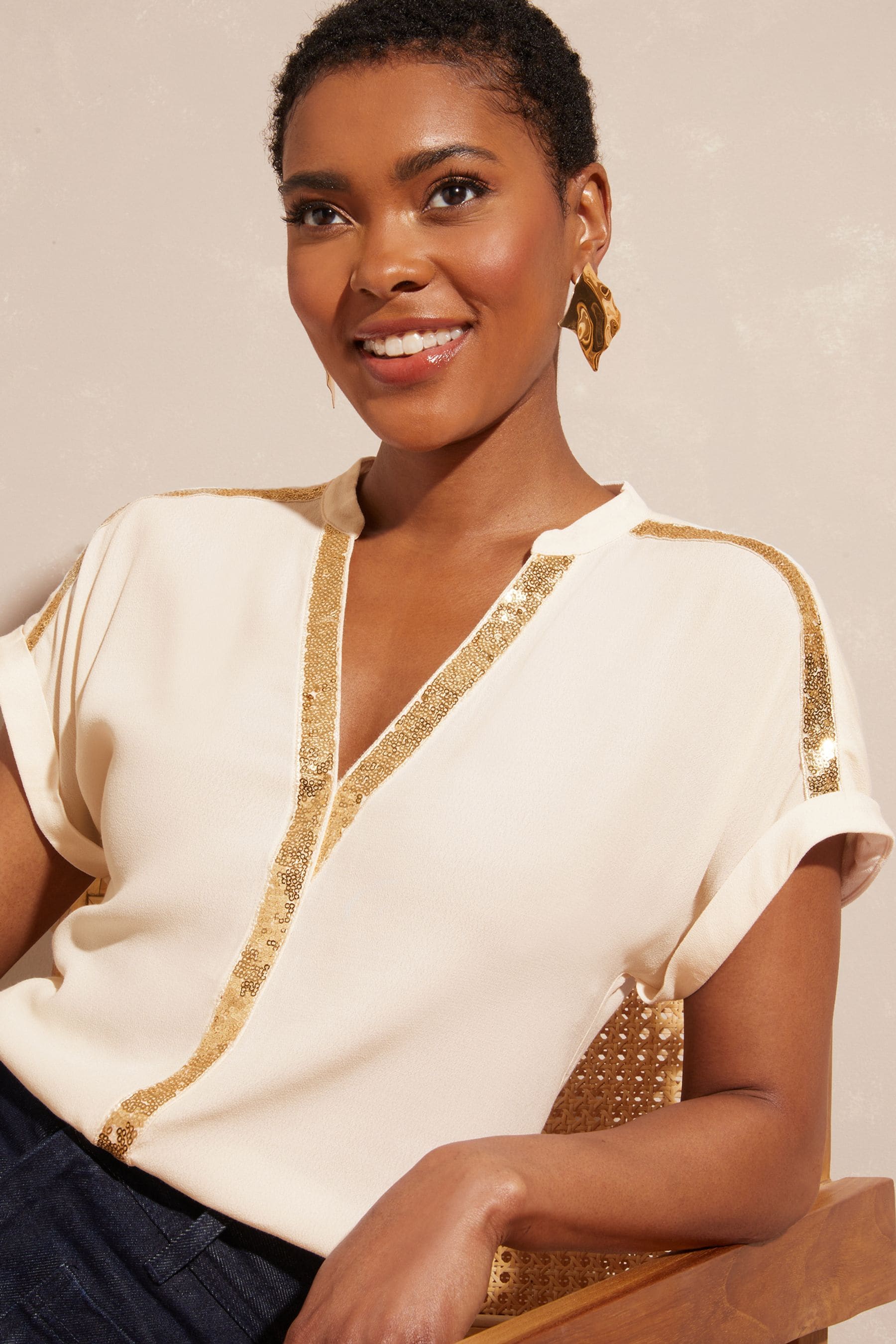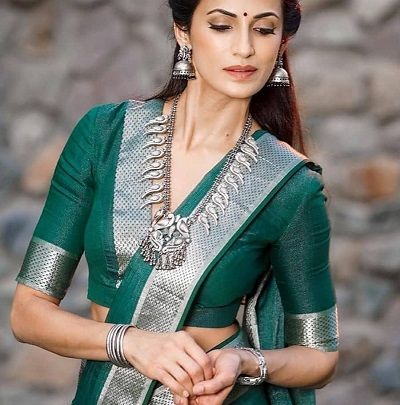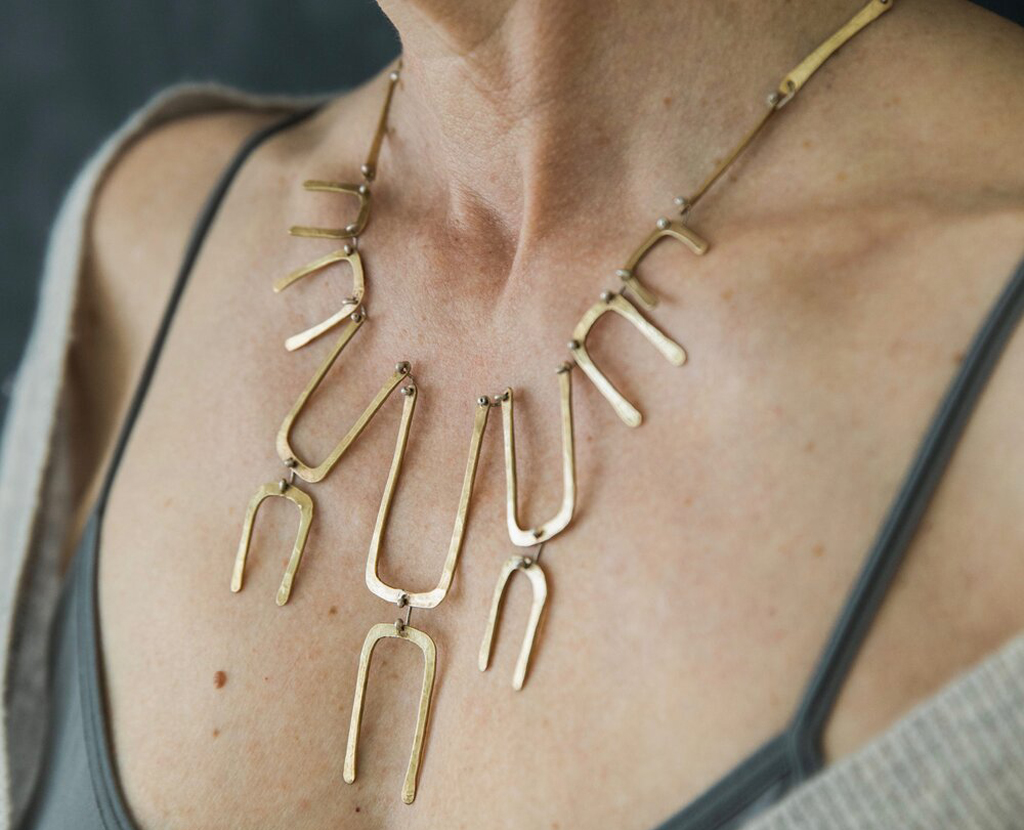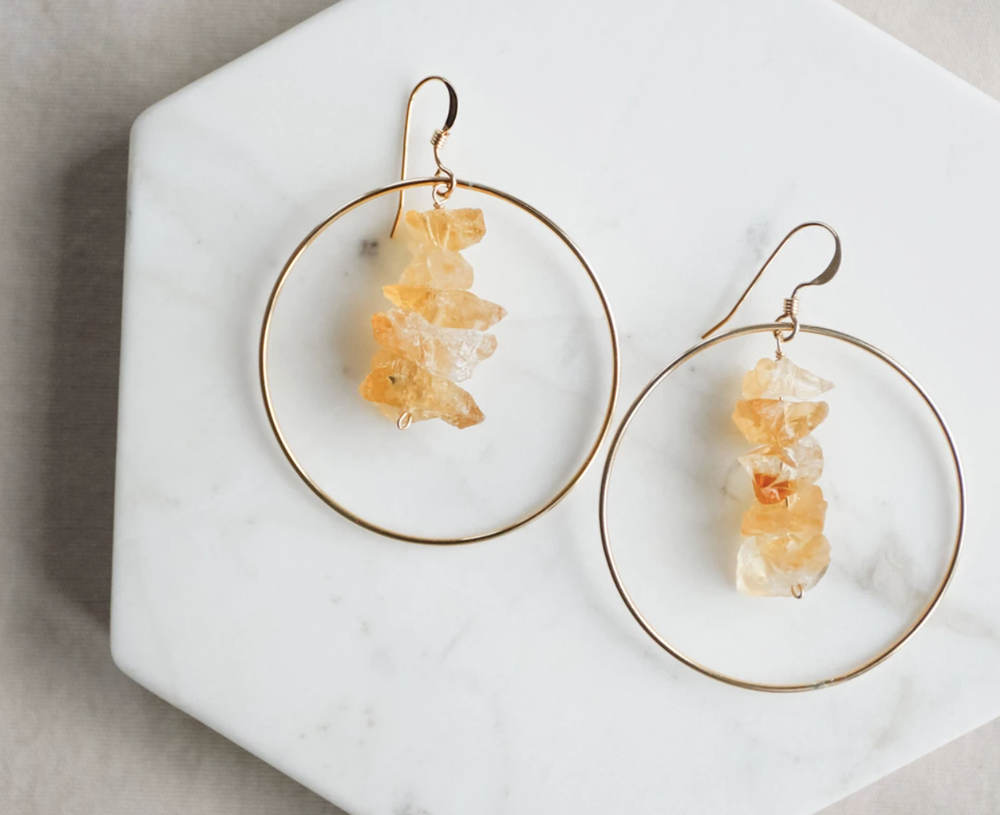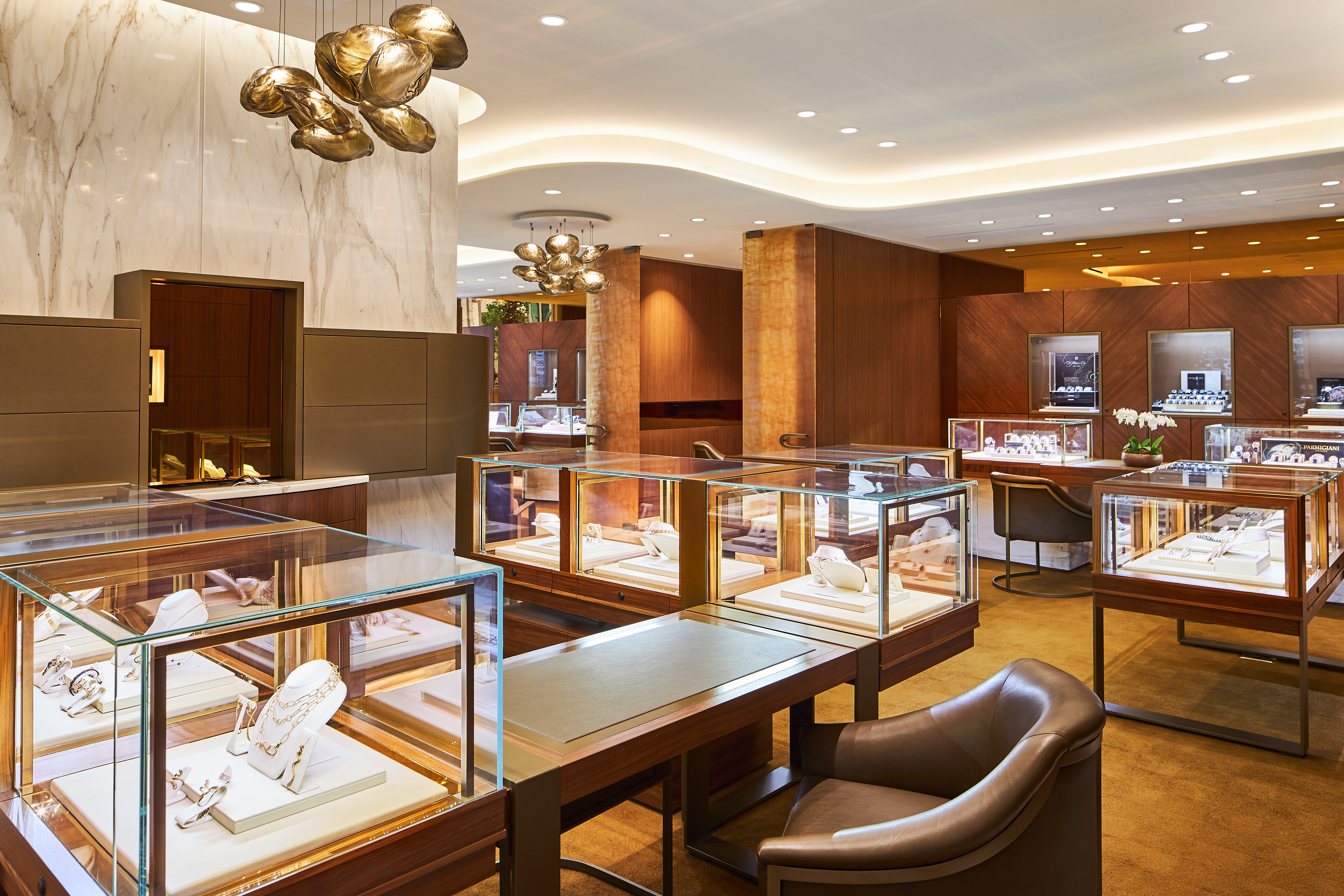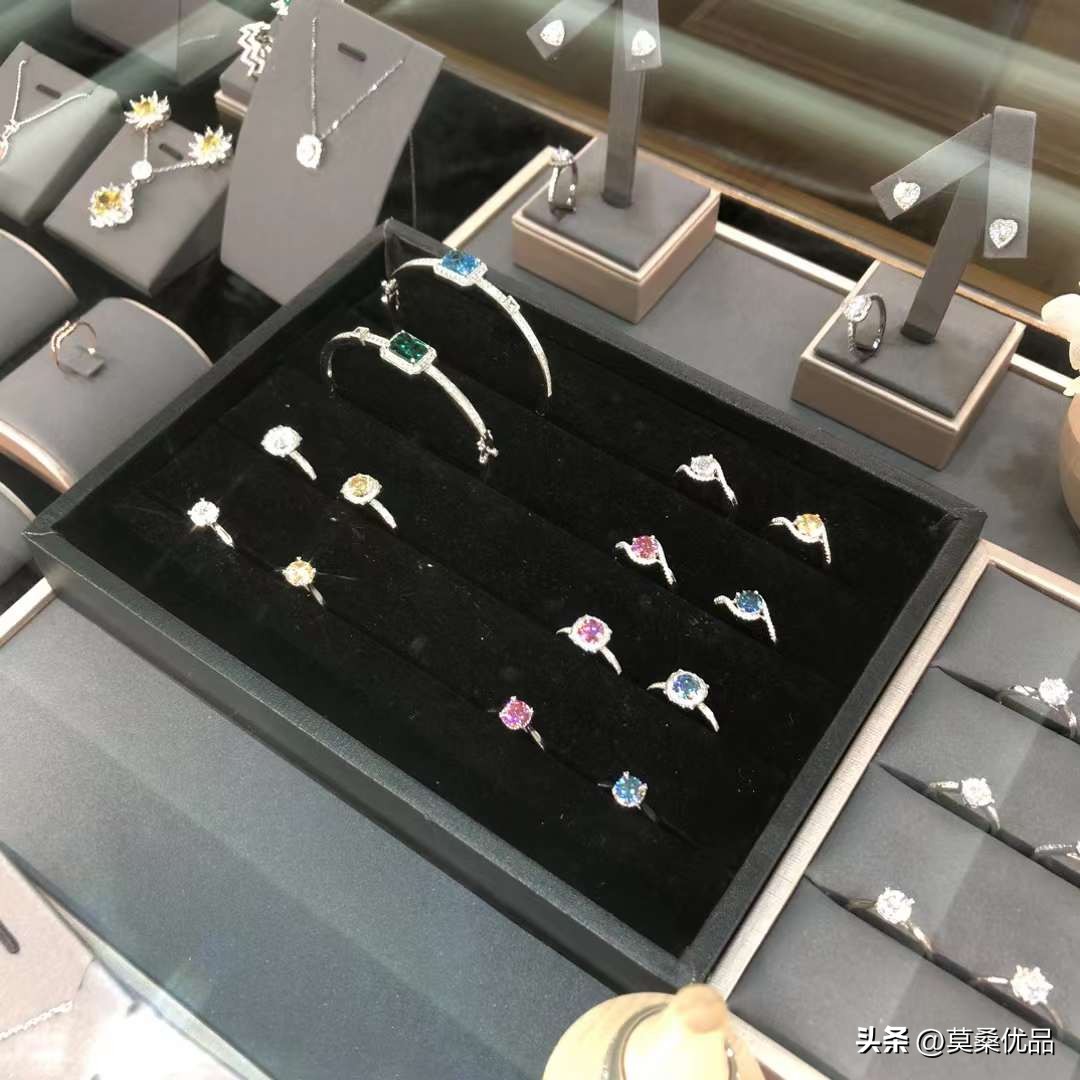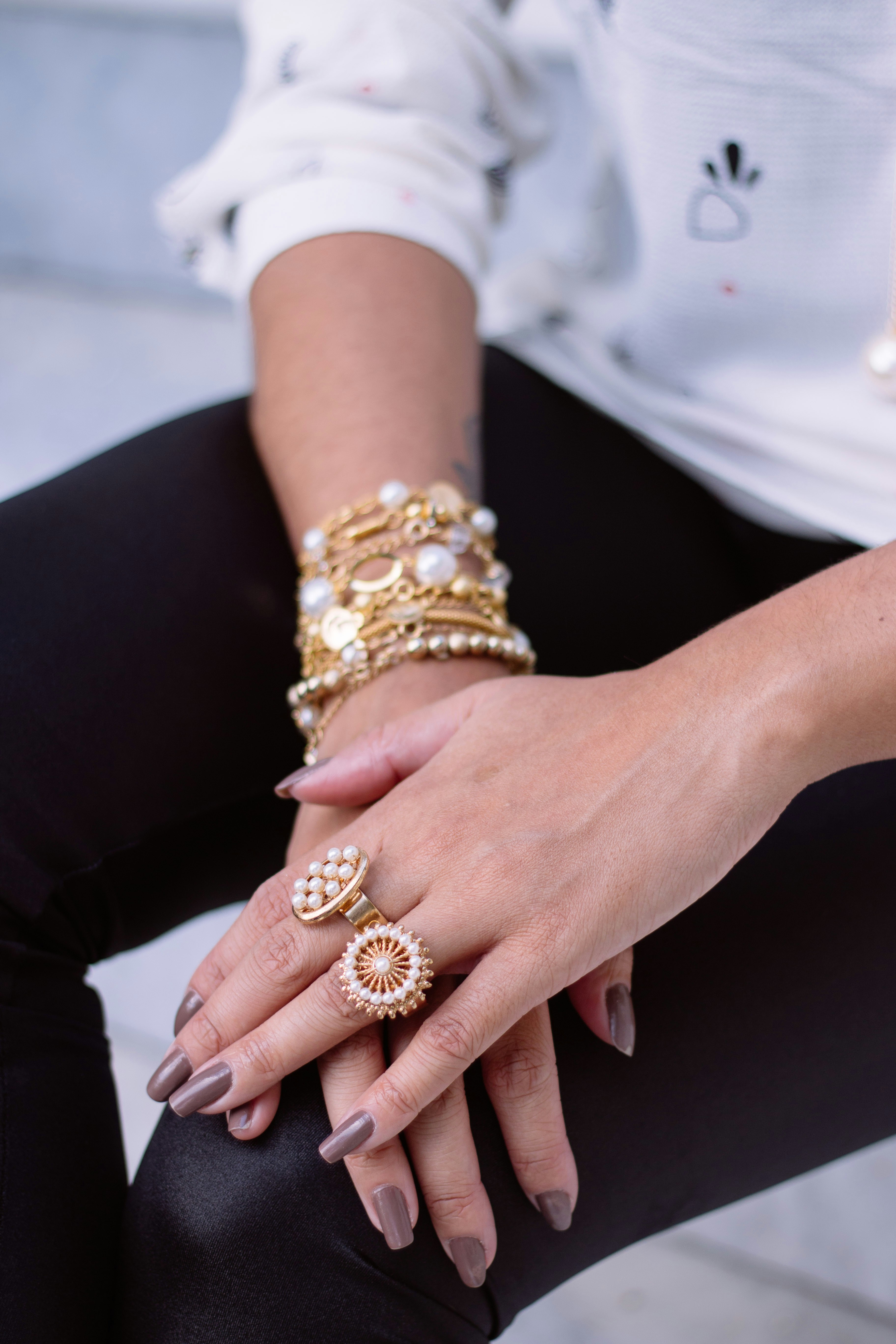The Enduring Appeal of Traditional Jewelry: A Timeless Investment
Related Articles: The Enduring Appeal of Traditional Jewelry: A Timeless Investment
Introduction
In this auspicious occasion, we are delighted to delve into the intriguing topic related to The Enduring Appeal of Traditional Jewelry: A Timeless Investment. Let’s weave interesting information and offer fresh perspectives to the readers.
Table of Content
- 1 Related Articles: The Enduring Appeal of Traditional Jewelry: A Timeless Investment
- 2 Introduction
- 3 The Enduring Appeal of Traditional Jewelry: A Timeless Investment
- 3.1 Understanding the Essence of Traditional Jewelry
- 3.2 The Significance of Traditional Jewelry in Contemporary Culture
- 3.3 Exploring the Diverse Styles of Traditional Jewelry
- 3.4 The Importance of Authenticity and Provenance
- 3.5 Preserving and Caring for Traditional Jewelry
- 3.6 FAQs about Traditional Jewelry
- 3.7 Tips for Choosing Traditional Jewelry
- 3.8 Conclusion
- 4 Closure
The Enduring Appeal of Traditional Jewelry: A Timeless Investment
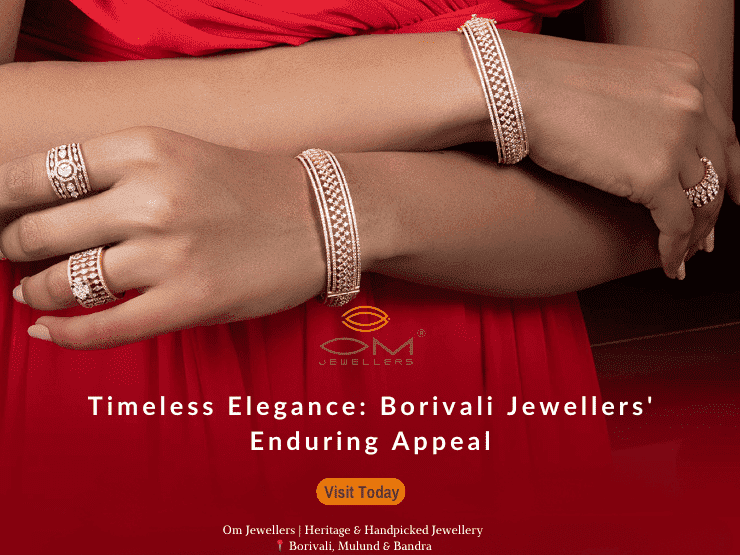
Jewelry, a timeless expression of art and adornment, has captivated humanity for centuries. Its allure transcends cultural boundaries, serving as a symbol of status, personal style, and cherished memories. Within this diverse world of jewelry, traditional designs hold a unique place, reflecting the rich heritage and craftsmanship of generations past. These pieces, often crafted with meticulous detail and enduring materials, possess a distinct charm that resonates with contemporary audiences.
Understanding the Essence of Traditional Jewelry
Traditional jewelry, often referred to as heritage jewelry, embodies the aesthetic values and artistic expressions of a particular culture or era. It encompasses a wide range of styles, from intricate filigree work and vibrant enamel to delicate gemstones and ornate carvings. The materials used in traditional jewelry vary widely, ranging from precious metals like gold and silver to natural elements like wood, bone, and shells.
The enduring appeal of traditional jewelry lies in its connection to the past. These pieces serve as tangible links to ancestral traditions, cultural beliefs, and historical events. Each piece tells a story, reflecting the artistry and craftsmanship of its creators and the societal values that shaped its design.
The Significance of Traditional Jewelry in Contemporary Culture
In the modern world, traditional jewelry continues to hold immense cultural significance. It transcends mere fashion, serving as a powerful symbol of identity, heritage, and personal connection. Many individuals choose to wear traditional jewelry as a way to honor their cultural roots, express their personal values, and connect with their family history.
Moreover, traditional jewelry has gained renewed appreciation for its aesthetic beauty and timeless appeal. The intricate designs, meticulous craftsmanship, and enduring materials make these pieces highly collectible and valuable. The increasing interest in vintage and antique jewelry has further fueled the demand for traditional designs, recognizing their historical significance and artistic merit.
Exploring the Diverse Styles of Traditional Jewelry
The world of traditional jewelry is incredibly diverse, encompassing a vast array of styles and techniques. Here are some prominent examples:
1. Indian Jewelry: Known for its exquisite craftsmanship and vibrant colors, Indian jewelry showcases a rich tapestry of styles. From intricate Meenakari work to delicate Kundan designs, each piece reflects the cultural heritage and artistic traditions of India.
2. Chinese Jewelry: Chinese jewelry boasts a long history, with styles evolving over centuries. Jade, a symbol of purity and prosperity, is a prominent material in traditional Chinese jewelry, often crafted into intricate carvings and pendants.
3. African Jewelry: African jewelry is characterized by its bold designs, vibrant colors, and use of natural materials. From beaded necklaces and bracelets to intricately carved wooden masks, African jewelry embodies the spirit of the continent’s rich cultural heritage.
4. European Jewelry: European traditional jewelry encompasses a wide range of styles, influenced by different historical periods and cultural influences. From the intricate filigree work of Victorian jewelry to the bold Renaissance pieces, European traditional jewelry reflects the continent’s rich artistic legacy.
5. Native American Jewelry: Native American jewelry is renowned for its exquisite craftsmanship and use of natural materials. From intricate beadwork and silverwork to stunning turquoise and coral pieces, Native American jewelry reflects the unique artistic traditions and cultural heritage of the indigenous peoples of the Americas.
The Importance of Authenticity and Provenance
When acquiring traditional jewelry, it is crucial to consider its authenticity and provenance. Authenticity refers to the genuineness of the piece, confirming that it is indeed a genuine example of traditional craftsmanship. Provenance, on the other hand, refers to the history of the piece, tracing its origins and ownership over time.
Authenticity and provenance are essential for ensuring the value and historical significance of traditional jewelry. They provide a deeper understanding of the piece’s cultural context, artistic merit, and historical significance.
Preserving and Caring for Traditional Jewelry
Traditional jewelry, with its delicate craftsmanship and precious materials, requires careful preservation and maintenance. Here are some essential tips for caring for your traditional jewelry:
- Storage: Store your traditional jewelry separately in soft pouches or boxes to prevent scratching and tarnishing.
- Cleaning: Clean your traditional jewelry regularly with a soft cloth and mild soap solution. Avoid harsh chemicals or abrasive cleaners.
- Repair: If your traditional jewelry requires repair, seek the services of a reputable jeweler specializing in antique and traditional pieces.
- Insurance: Insure your traditional jewelry for its full value to protect against loss or damage.
FAQs about Traditional Jewelry
Q: What makes traditional jewelry so valuable?
A: Traditional jewelry is valued for its historical significance, artistic merit, and enduring craftsmanship. The use of precious materials, intricate designs, and cultural relevance contribute to its intrinsic value.
Q: How can I tell if a piece of traditional jewelry is authentic?
A: Seek the expertise of a reputable jeweler specializing in antique and traditional pieces. They can authenticate the piece, assess its provenance, and provide insights into its historical significance.
Q: How can I care for my traditional jewelry?
A: Store your traditional jewelry separately in soft pouches or boxes. Clean it regularly with a soft cloth and mild soap solution. Avoid harsh chemicals or abrasive cleaners.
Q: Where can I find traditional jewelry?
A: Traditional jewelry can be found at antique shops, vintage jewelry stores, and online marketplaces specializing in antique and traditional pieces.
Q: Is traditional jewelry a good investment?
A: Traditional jewelry, particularly authentic and well-preserved pieces, can be a good investment. Its historical significance, artistic merit, and enduring craftsmanship make it a valuable asset.
Tips for Choosing Traditional Jewelry
1. Research: Before purchasing traditional jewelry, research the different styles and materials associated with the culture or era you are interested in.
2. Seek Expertise: Consult a reputable jeweler specializing in antique and traditional pieces for guidance on authenticity, provenance, and care.
3. Consider Your Personal Style: Choose traditional jewelry that complements your personal style and resonates with your values.
4. Invest in Quality: Invest in authentic and well-preserved pieces, as they will hold their value and provide lasting enjoyment.
5. Appreciate the Story: Understand the story behind the piece, its cultural significance, and the craftsmanship involved in its creation.
Conclusion
Traditional jewelry stands as a testament to the enduring artistry and cultural heritage of generations past. These pieces, imbued with history, artistry, and personal significance, offer a tangible connection to the past and a timeless expression of beauty and style. By understanding the value, care, and significance of traditional jewelry, we can appreciate its enduring appeal and ensure its preservation for future generations.

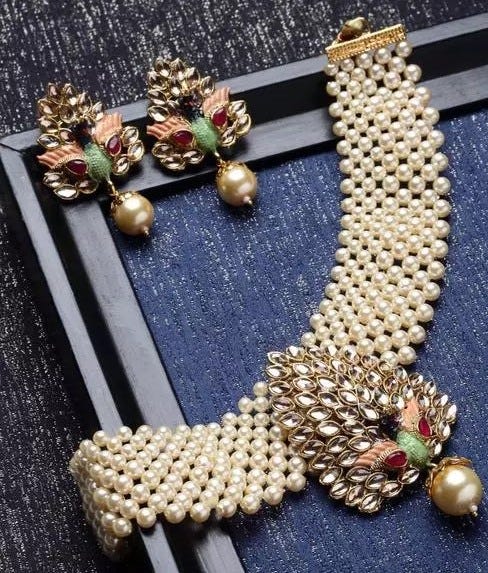

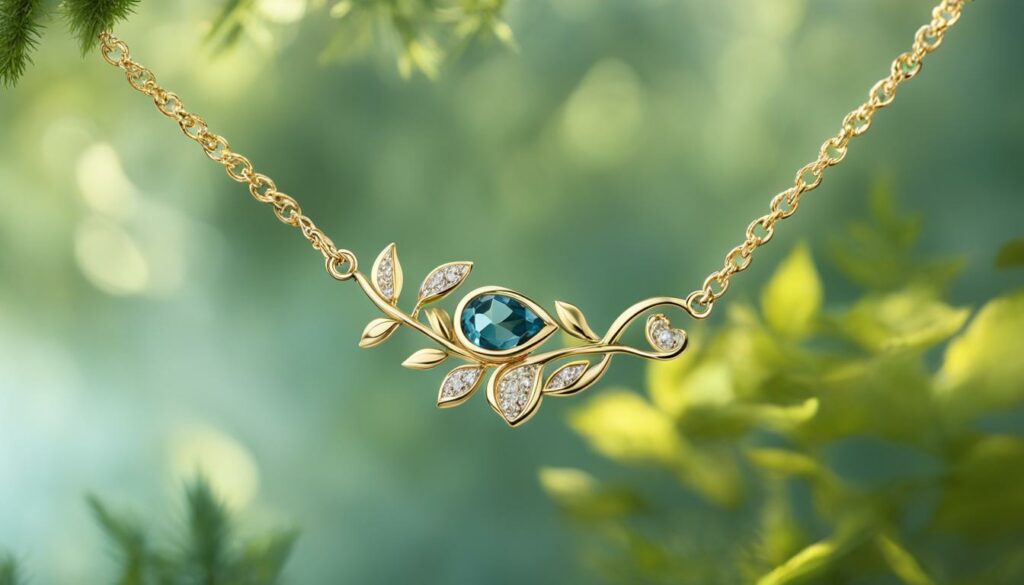
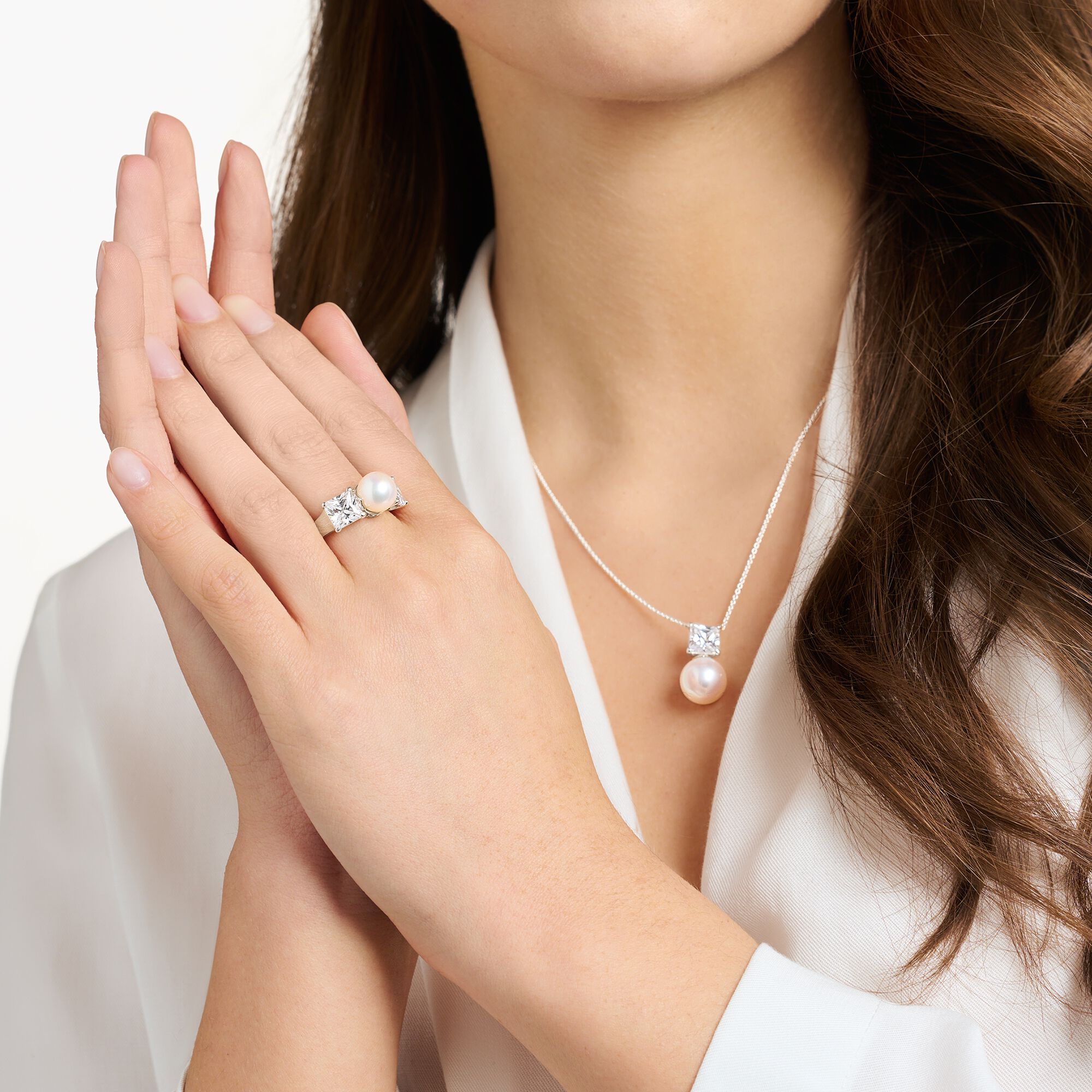


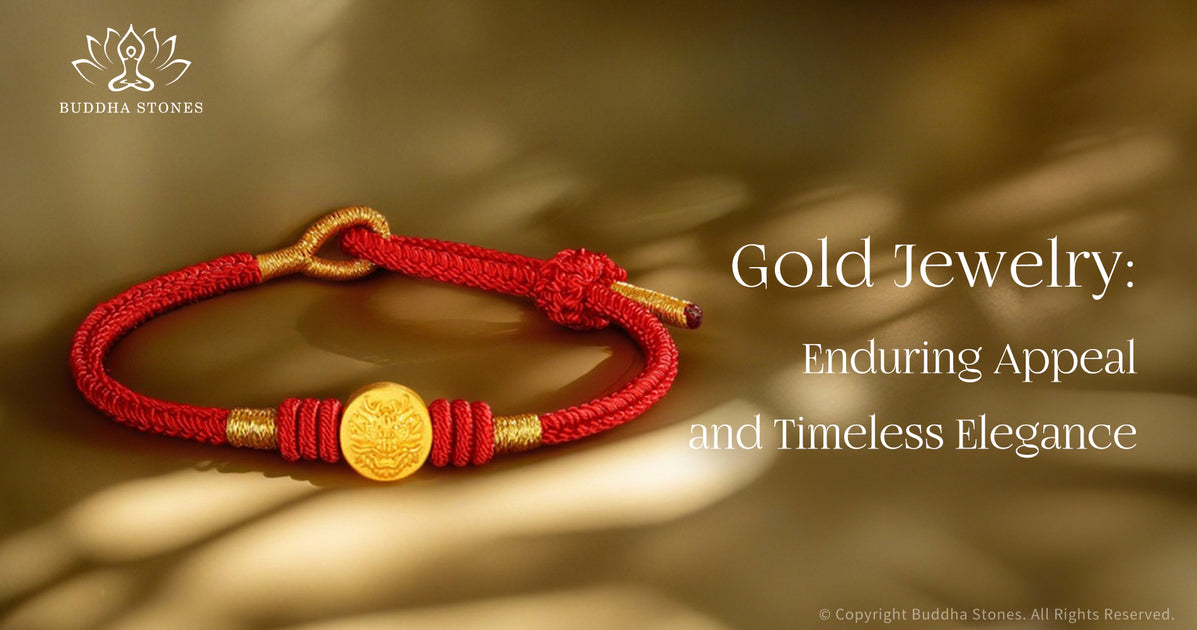
Closure
Thus, we hope this article has provided valuable insights into The Enduring Appeal of Traditional Jewelry: A Timeless Investment. We hope you find this article informative and beneficial. See you in our next article!


